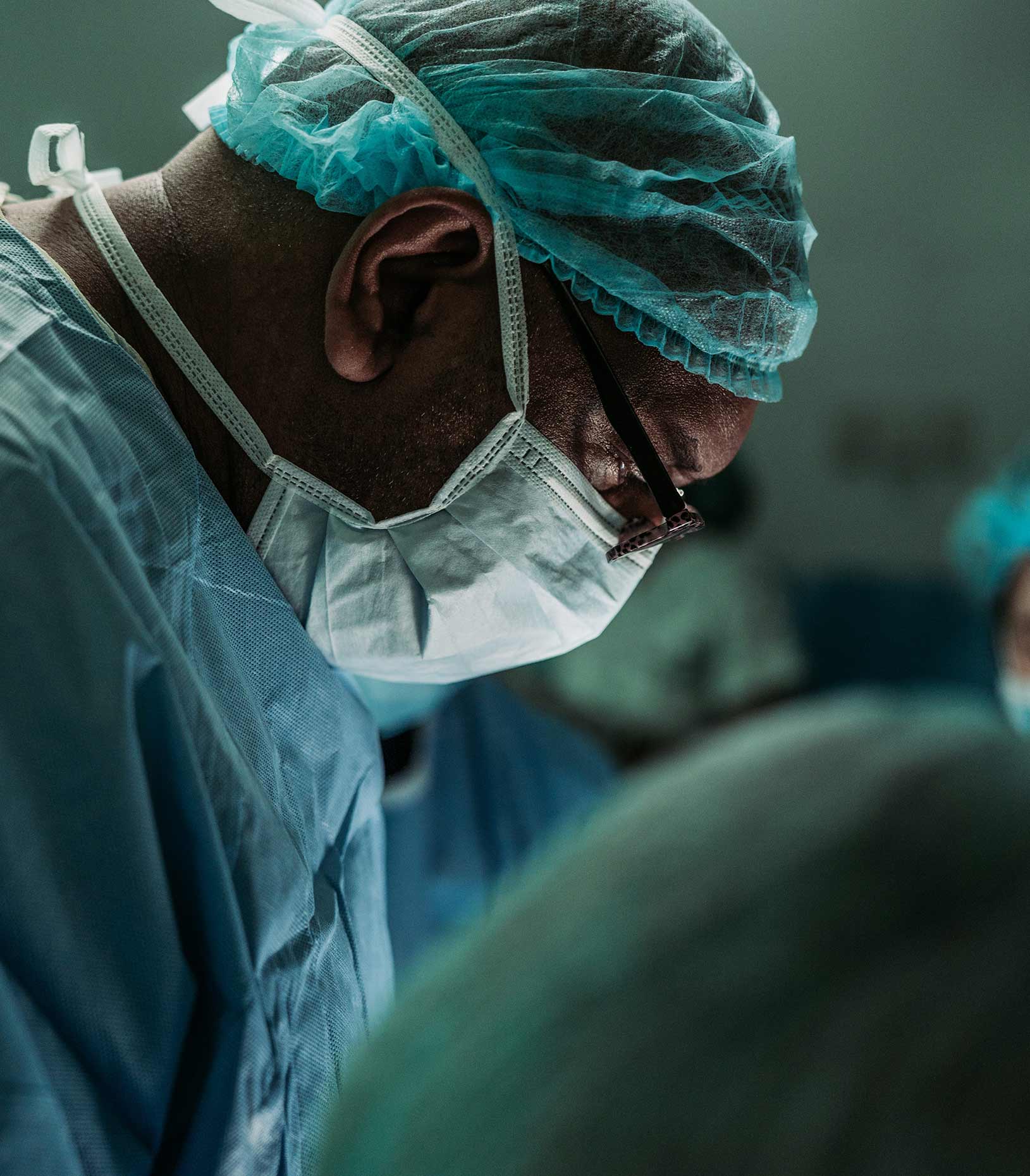Royal Palm Beach Spinal Cord Injury

If you want to file an SCI claim in Florida, turn to Donaldson & Weston. Our spinal cord injury attorneys will evaluate your case from all angles to help you determine the most strategic way to proceed.
There are countless ways to sustain a spinal cord injury (SCI), which can change your life in irreversible ways. It’s obvious how dangerous activities like skydiving, base jumping, and motorcycle riding can cause an SCI, but even mundane outings like commuting to work have the potential to leave you paralyzed.
All it takes is one drunk, distracted, or reckless driver to cause a devastating motor-vehicle collision that has life-changing consequences. In fact, auto wrecks are a leading cause of SCIs. Other common causes include slip and fall accidents, surgical complications, and sporting accidents.
Fortunately, those who get hurt in any of these scenarios have the right to sue all liable parties for their resulting damages. If you sustained an SCI because of someone else’s negligence, contact Donaldson & Weston.
We have assisted hundreds of clients in personal injury and wrongful death cases. Call 561-299-3999 to schedule a free consultation with a paralysis attorney in Royal Palm Beach.
All it takes is one drunk, distracted, or reckless driver to cause a devastating motor-vehicle collision that has life-changing consequences. In fact, auto wrecks are a leading cause of SCIs. Other common causes include slip and fall accidents, surgical complications, and sporting accidents.
Fortunately, those who get hurt in any of these scenarios have the right to sue all liable parties for their resulting damages. If you sustained an SCI because of someone else’s negligence, contact Donaldson & Weston.
We have assisted hundreds of clients in personal injury and wrongful death cases. Call 561-299-3999 to schedule a free consultation with a paralysis attorney in Royal Palm Beach.
Can I Still Recover Compensation If I Was Partially at Fault?
When it comes to personal injury claims, the state of Florida operates under a pure comparative fault system. Under this system, accident victims are still entitled to recover compensation even if they were partially liable for the scenario that ultimately caused their injuries.
In pure comparative fault states, the total amount you can recover is simply reduced by your own percentage of fault. For example, imagine someone is looking down at his or her phone while walking around a grocery store and ends up slipping on something that spilled in one of the aisles. If the wet floor was unmarked, the injured party might be considered 10 percent liable for the accident. Had he or she been paying attention, the slip and fall might not have occurred; however, the store could still be considered 90 percent liable.
In such a scenario, the injured party would be entitled to recover 90 percent of all damages incurred. If the situation was reversed and the claimant was found to be 90 percent liable, he or she could still recover 10 percent of all damages. Unlike modified comparative fault systems, which bar recovery if the injured party is more than 50 or 51 percent at fault, pure comparative fault allows claimants to pursue a payout even if they were 99 percent liable for the accident.
It is important to note that in addition to its pure comparative fault system, Florida is considered a “no-fault” state when it comes to motor-vehicle collisions. That means injured parties must usually file a claim with their own insurance provider, regardless of fault, following a wreck; however, spinal cord injuries are typically severe enough to bypass the no-fault system, which means those who sustain SCIs in car accidents retain the right to sue all liable parties.
In pure comparative fault states, the total amount you can recover is simply reduced by your own percentage of fault. For example, imagine someone is looking down at his or her phone while walking around a grocery store and ends up slipping on something that spilled in one of the aisles. If the wet floor was unmarked, the injured party might be considered 10 percent liable for the accident. Had he or she been paying attention, the slip and fall might not have occurred; however, the store could still be considered 90 percent liable.
In such a scenario, the injured party would be entitled to recover 90 percent of all damages incurred. If the situation was reversed and the claimant was found to be 90 percent liable, he or she could still recover 10 percent of all damages. Unlike modified comparative fault systems, which bar recovery if the injured party is more than 50 or 51 percent at fault, pure comparative fault allows claimants to pursue a payout even if they were 99 percent liable for the accident.
It is important to note that in addition to its pure comparative fault system, Florida is considered a “no-fault” state when it comes to motor-vehicle collisions. That means injured parties must usually file a claim with their own insurance provider, regardless of fault, following a wreck; however, spinal cord injuries are typically severe enough to bypass the no-fault system, which means those who sustain SCIs in car accidents retain the right to sue all liable parties.
